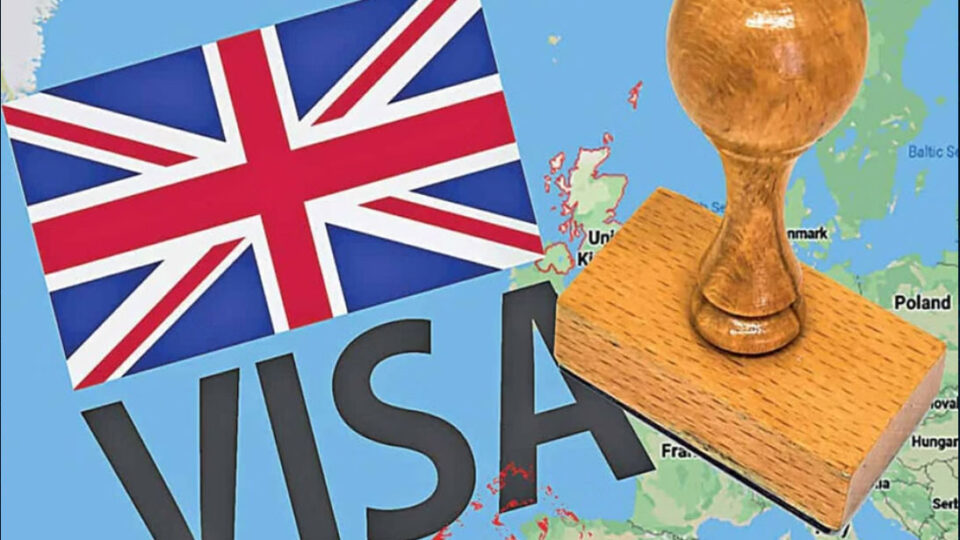UK Tightens Student Visa Compliance Rules: South Asian Applicants Face Increased Scrutiny
As part of its evolving immigration strategy, the UK government is introducing stricter student visa compliance requirements—placing new pressures on universities and international applicants alike.
A recent white paper from the UK Home Office outlines proposed rules that would raise the bar for higher education institutions sponsoring international students. Under the new plan, universities must maintain:
-
At least a 95% course enrollment rate
-
A 90% course completion rate
Institutions falling below these benchmarks could be flagged under a “traffic light” system, with red status indicating serious compliance concerns and potential loss of sponsor status.
Visa Refusals on the Rise in Early 2025
Although the UK’s national visa refusal rate hovered around 4% in 2023 and 2024, that average doesn’t tell the full story. According to recent immigration data, refusal rates during Q1 2025 spiked to 12%, mirroring similar figures from Q1 2024.
This early-year surge is especially concerning for applicants from South Asia, where financial documentation and visa history often face higher scrutiny.
South Asian Countries See Steep Decline in Visa Approval Rates
New figures released by ApplyBoard shed light on shifting trends in UK visa approvals:
-
India: 96% approval (Q1 2025), up from the previous year
-
Nigeria: 96%, also showing improvement
-
Pakistan: Dropped to 74%, down 8 percentage points
-
Bangladesh: Fell sharply to 63%, a 15-point decline
-
Nepal: Decreased to 84%, down 14 points
These declines pose serious challenges for UK universities that recruit heavily from South Asia. Since visa refusal rates directly affect an institution’s compliance rating, schools may soon become more selective when accepting students from countries with rising rejection rates.
Why Q1 Applications Are More Vulnerable
Visa refusals are historically higher during Q1, a time when applications tend to come from countries with more complex financial or documentation hurdles. By contrast, Q3—aligned with the main academic intake—typically sees lower refusal rates, thanks to stronger documentation and university support systems.
What This Means for Students and Institutions
For prospective international students, especially those from Pakistan, Bangladesh, and Nepal, it is now more important than ever to:
-
Ensure complete and accurate documentation
-
Demonstrate strong financial credibility
-
Seek guidance from reliable education consultants
UK universities, meanwhile, may need to tighten admission filters and strengthen their international student support programs to protect their compliance status.
Final Thoughts
As the UK sharpens its immigration focus, student visa approvals are coming under greater scrutiny—particularly for applicants from certain regions. For universities, staying compliant means more than just meeting enrollment targets; it now hinges on ensuring students are fully prepared to complete their academic journeys successfully.
Stay tuned for more updates on UK visa policies, international admissions, and student mobility trends.

